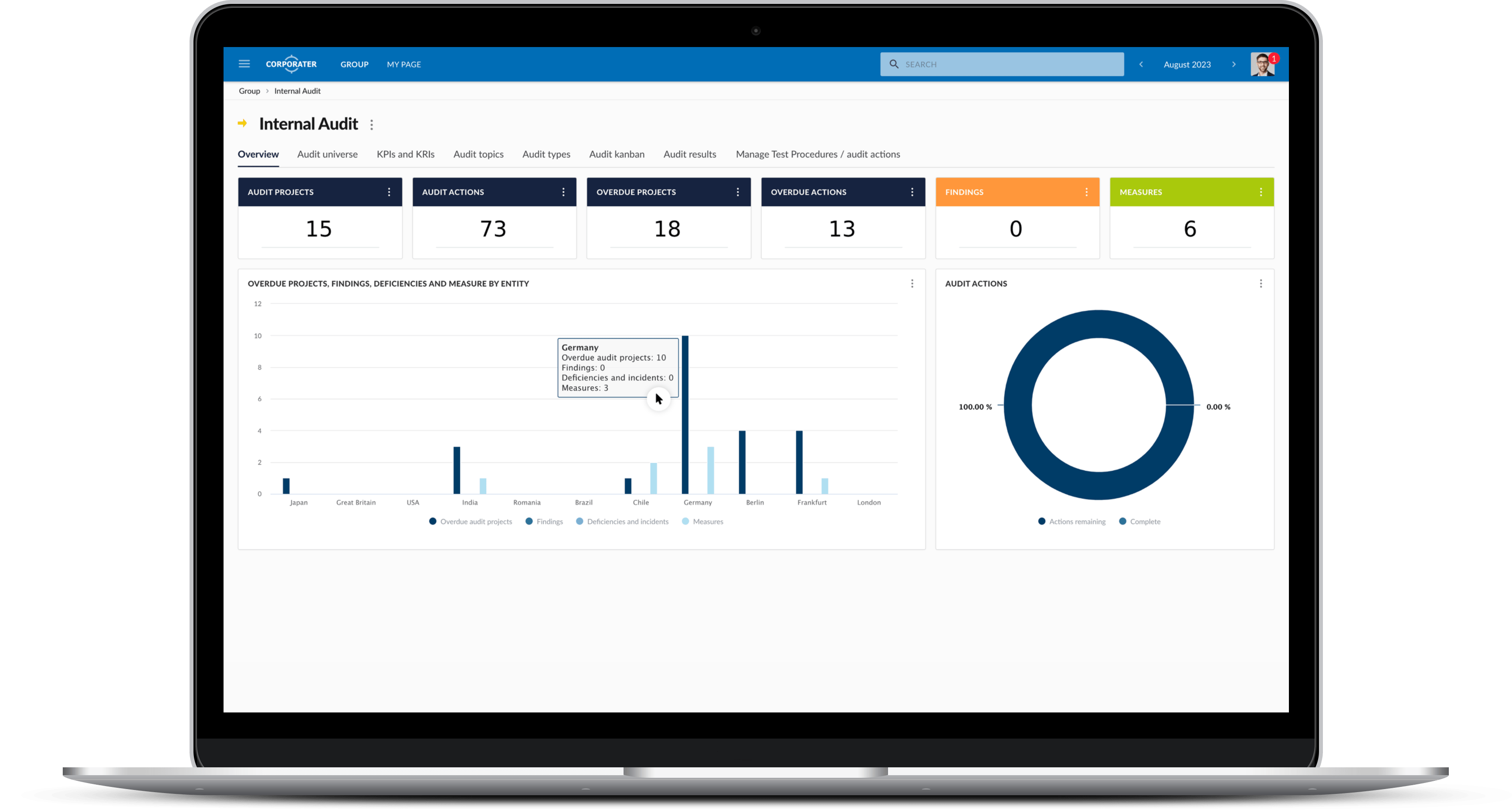
Image Source: Google
As technology continues to advance, businesses are constantly seeking ways to maximize efficiency and accuracy in their operations. One way to achieve this is by implementing audit software, which can streamline the audit process and provide numerous benefits to organizations. From reducing human error to improving overall productivity, audit software is a valuable tool that can help businesses achieve their goals with ease.
One of the key benefits of implementing audit software is the ability to streamline the audit process. By automating tasks that were once done manually, such as data entry and report generation, audit software can help save time and improve efficiency. This allows auditors to focus on more value-added tasks, such as data analysis and problem-solving, rather than spending countless hours on administrative tasks. As a result, audits can be completed in a more timely manner, reducing the overall burden on auditors and other staff members involved in the process.
In addition to streamlining the audit process, audit software can also help improve accuracy and reduce the risk of human error. Manual data entry and calculations are prone to mistakes, which can lead to discrepancies in audit findings and potentially costly errors. By using audit software, organizations can ensure that all data is entered accurately and calculations are done correctly, reducing the risk of errors and improving the overall quality of the audit. This can provide peace of mind to both auditors and stakeholders, knowing that the results of the audit are reliable and trustworthy.
Another benefit of implementing audit software is the ability to customize and standardize audit procedures. With audit software, organizations can create templates and checklists that align with their specific audit requirements, ensuring that all audits are conducted consistently and by best practices. This can help improve the quality of audits and make it easier for auditors to follow established procedures, leading to more accurate and reliable results. By standardizing audit procedures, organizations can also ensure compliance with regulations and industry standards, reducing the risk of non-compliance and potential penalties.
Furthermore, audit software can provide organizations with valuable insights and analytics that can help drive informed decision-making. By collecting and analyzing data from audits, organizations can identify trends, patterns, and areas for improvement, allowing them to make strategic decisions that can help drive business growth and success. With audit software, organizations can also track audit progress, monitor key metrics, and generate reports that provide valuable insights into the effectiveness of their audit processes. This can help organizations identify areas of strengths and weaknesses, leading to continuous improvement and enhanced performance over time.
Overall, implementing audit software can provide organizations with a wide range of benefits, from increased efficiency and accuracy to improved decision-making and compliance. By streamlining the audit process, reducing the risk of errors, standardizing procedures, and providing valuable insights, audit software can help organizations achieve their audit goals with ease. Whether conducting internal audits, external audits, or special audits, audit software can help organizations meet their audit objectives more efficiently and effectively. As technology continues to evolve, businesses that embrace audit software stand to gain a competitive advantage and drive success in today's fast-paced and dynamic business environment.